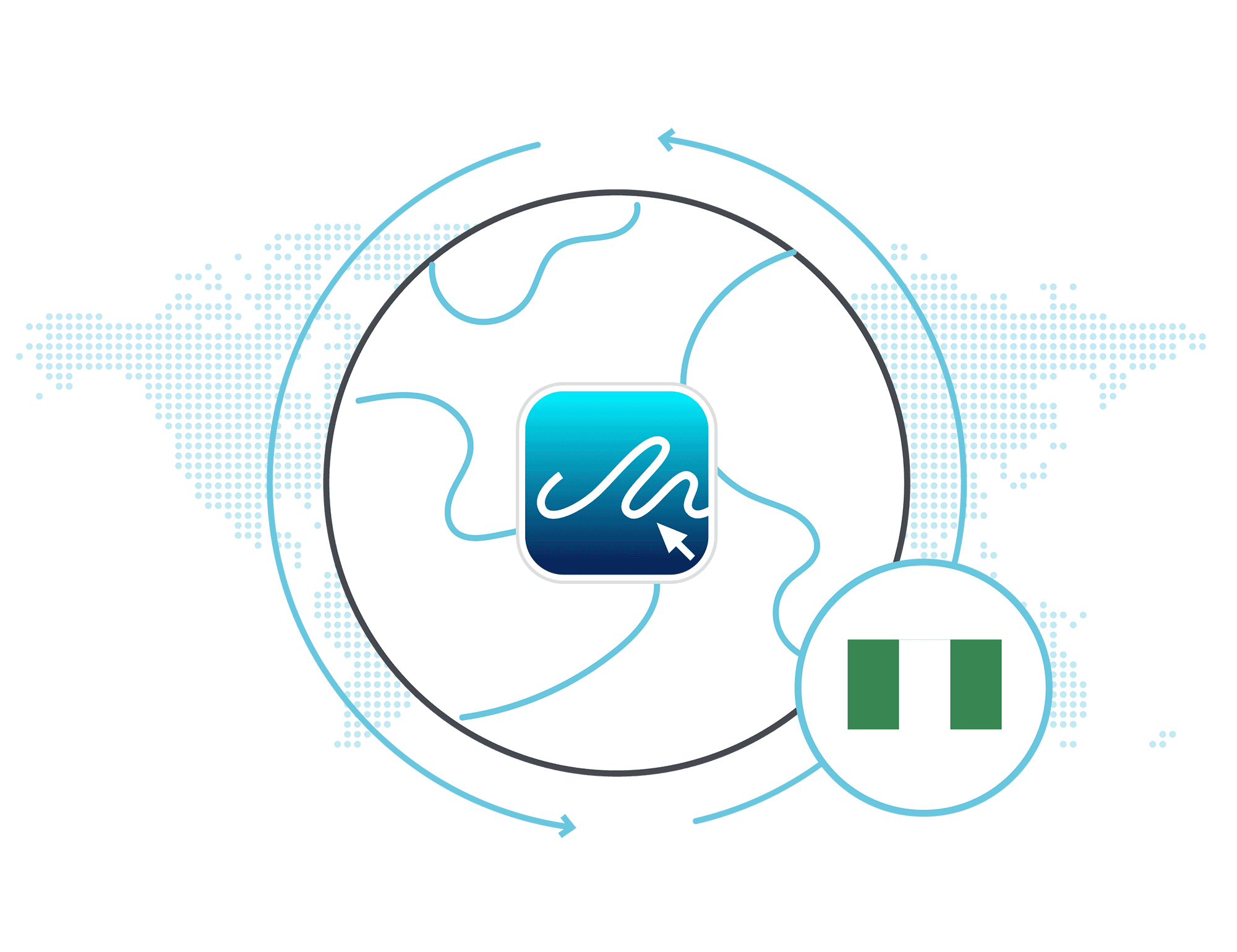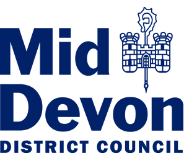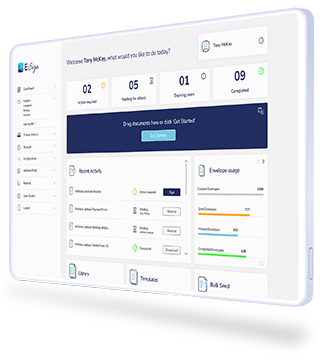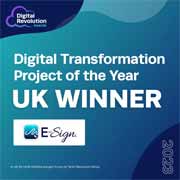The Legality of eSignatures in Nigeria
Explore the legality of electronic signatures in Nigeria and the laws and regulations that govern their use.

Trusted By
Are eSignatures Legally Binding in Nigeria?
Documents that can be signed electronically
Simple electronic signatures (SES) can be used on the following types of documents:
- Commercial agreements between corporate entities such as procurement documents, NDAs, invoices, acknowledgements, and more
- HR documents including employment contracts, employee invention agreements, privacy notices, benefits paperwork, etc
- Consumer agreements like new retail account openings, software licenses, sales terms, service terms, purchase orders and more
Documents that may not be electronically signed
There are some use cases where it is explicitly required that handwritten signatures are used or formal processes are in place that are not compatible with electronic signatures. These include:
- Alienation of land
- Probate of a will
- Birth certificates
- Death certificates
- A deed executed by a company
- Documents related to family law such as marriage, divorce, adoption etc
- Cancellation or termination of utility services
- Issuance of court orders, notices and official court documents
- And more
Types of e-signature permitted in Nigeria
In Nigeria, documents are most commonly signed electronically with a simple electronic signature.
Notable legality changes since 2020
None.
Publicly Accessible Links to Laws/Regulations Discussed
Disclaimer
The content provided on this website is meant for general informational use only and does not constitute legal advice. Legal regulations on this topic can evolve rapidly, so E-Sign does not ensure that the information presented here is always up-to-date or accurate. If you have particular legal concerns regarding any details on this site, it is recommended that you consult with a licensed attorney in your jurisdiction.
Last Updated 9th October 2024




























